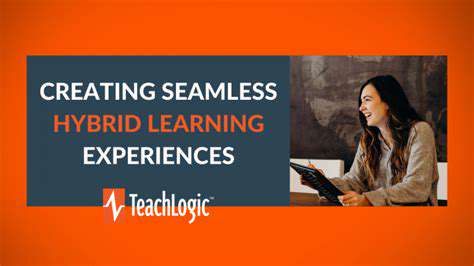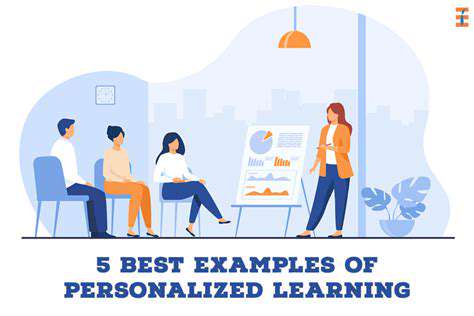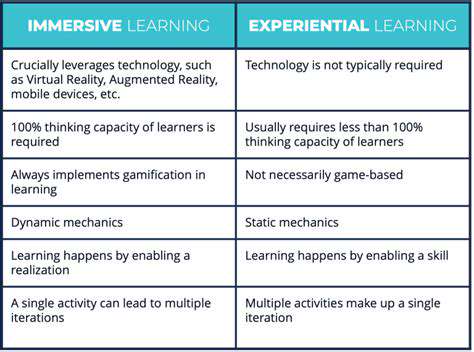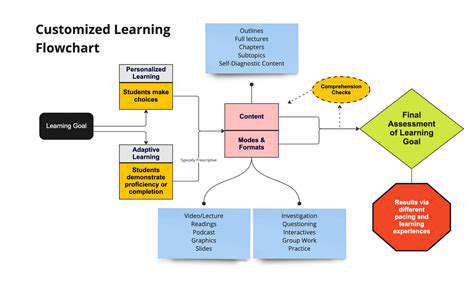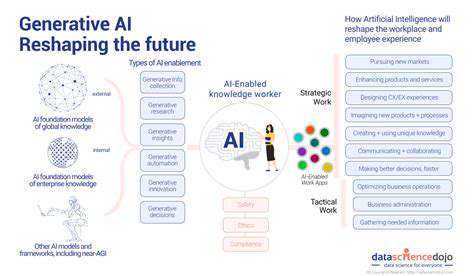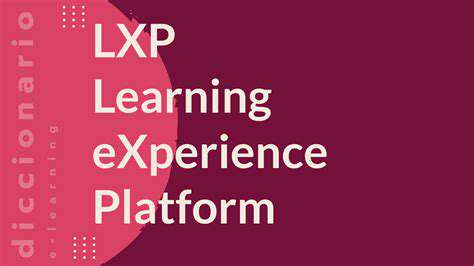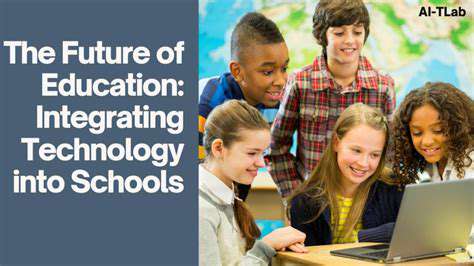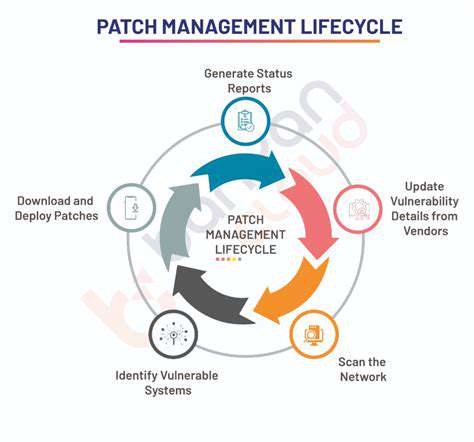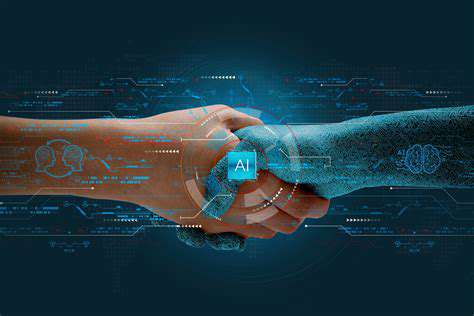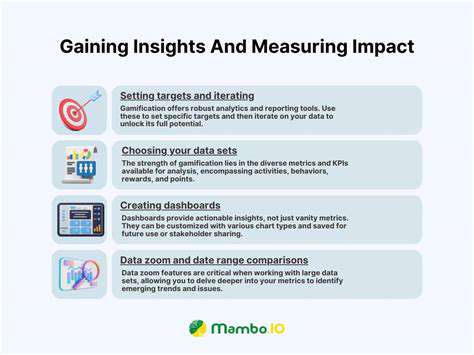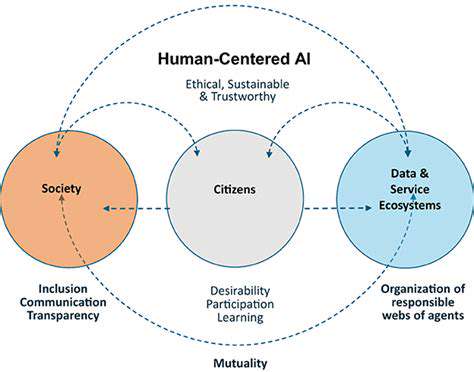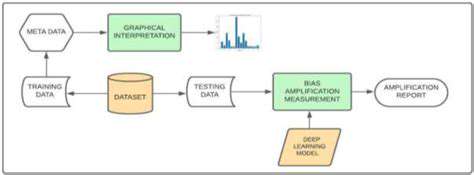Assessing Social Emotional Learning in Hybrid Models
Defining Social-Emotional Learning (SEL) in Hybrid Models
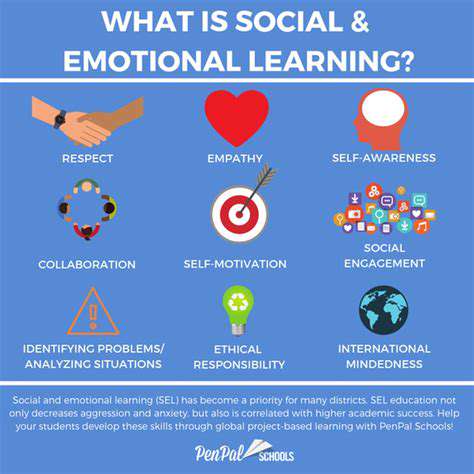
Understanding the Core Concepts of Social-Emotional Learning
Social-emotional learning (SEL) is a process through which individuals acquire and apply the knowledge, attitudes, and skills necessary to understand and manage emotions, set and achieve positive goals, feel and show empathy for others, establish and maintain positive relationships, and make responsible decisions. It encompasses a wide range of competencies, including self-awareness, self-regulation, social awareness, relationship skills, and responsible decision-making. Developing these skills is crucial for personal well-being and success in all aspects of life.
SEL encompasses much more than just knowing about emotions; it's about actively engaging with them and using that understanding to navigate life's challenges. This includes recognizing and labeling emotions in ourselves and others, managing strong feelings, and effectively communicating our needs and concerns.
The Importance of Self-Awareness in SEL
Self-awareness is a fundamental component of social-emotional learning. It involves recognizing and understanding one's own emotions, strengths, weaknesses, values, and beliefs. This self-understanding allows individuals to better manage their reactions, set realistic goals, and make informed decisions. Recognizing our own emotions is the first step towards regulating them effectively.
Developing self-awareness requires introspection and honest self-reflection. It's about actively paying attention to our thoughts, feelings, and behaviors, and identifying patterns or triggers that might be affecting our responses. This process, although sometimes challenging, is essential for personal growth and emotional intelligence.
Building Self-Regulation Skills
Self-regulation is the ability to manage one's emotions, thoughts, and behaviors effectively in various situations. It involves controlling impulses, adapting to change, and managing stress. Self-regulation is a key skill for navigating challenging situations and maintaining composure under pressure. This skill is particularly important for individuals to develop resilience and cope with setbacks.
Developing self-regulation involves learning strategies for managing emotions, such as deep breathing exercises, mindfulness techniques, and problem-solving skills. It also includes creating a supportive environment that fosters emotional well-being and encourages healthy coping mechanisms.
Cultivating Social Awareness
Social awareness encompasses understanding and appreciating the perspectives, emotions, and experiences of others. It involves empathy, recognizing diverse viewpoints, and considering the impact of one's actions on others. This is the cornerstone of building positive relationships and fostering a sense of community.
Developing social awareness involves active listening, showing genuine interest in others, and engaging in respectful conversations. It's about recognizing and validating the feelings of those around us, even if we don't fully understand them.
Mastering Relationship Skills
Relationship skills are essential for building and maintaining healthy relationships with peers, family members, and others in our social circles. These skills include effective communication, cooperation, conflict resolution, and teamwork. Building strong relationships fosters a sense of belonging and support, which is vital for overall well-being.
Developing strong relationship skills involves active listening, clear communication, and respectful dialogue. It also involves learning to manage conflicts constructively, finding common ground, and appreciating different viewpoints.
Making Responsible Decisions
Responsible decision-making involves considering the potential consequences of our actions and choices, and making decisions that align with our values and contribute to the well-being of ourselves and others. It's about understanding the ethical implications of our choices and taking ownership of their outcomes. Responsible decision-making is a vital life skill that helps individuals navigate the complexities of daily life.
Developing responsible decision-making skills involves critical thinking, evaluating information objectively, and considering the perspectives of others. It also involves weighing the short-term and long-term impacts of our choices and taking ownership of our actions.
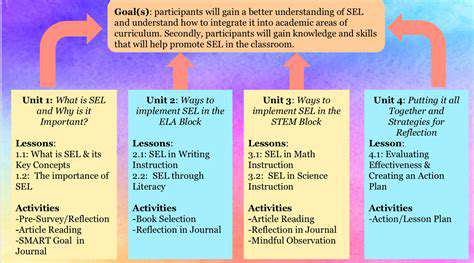
Read more about Assessing Social Emotional Learning in Hybrid Models
Hot Recommendations
- The Gamified Parent Teacher Conference: Engaging Stakeholders
- Gamification in Education: Making Learning Irresistibly Fun
- The Future of School Libraries: AI for Personalized Recommendations
- EdTech and the Future of Creative Industries
- Empowering Student Choice: The Core of Personalized Learning
- Building Community in a Hybrid Learning Setting
- VR for Special Education: Tailored Immersive Experiences
- Measuring the True Value of EdTech: Beyond Adoption Rates
- Addressing Digital Divide in AI Educational Access
- Preparing the Workforce for AI Integration in Their Careers
